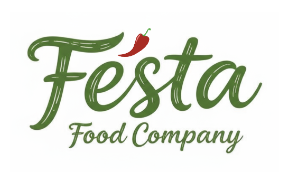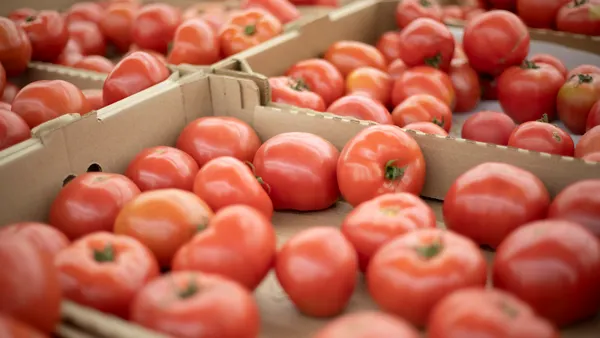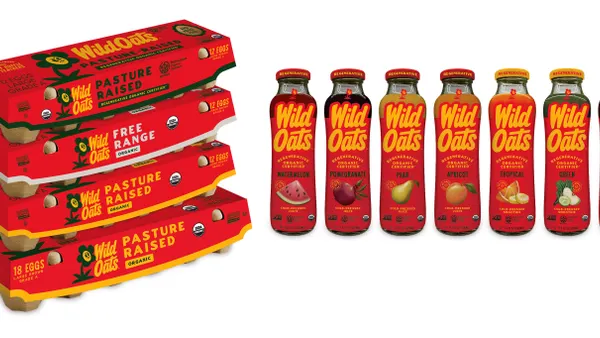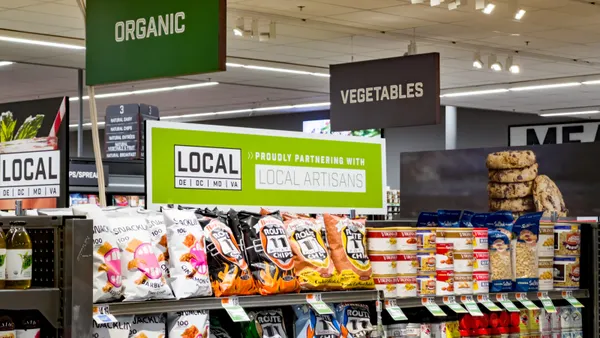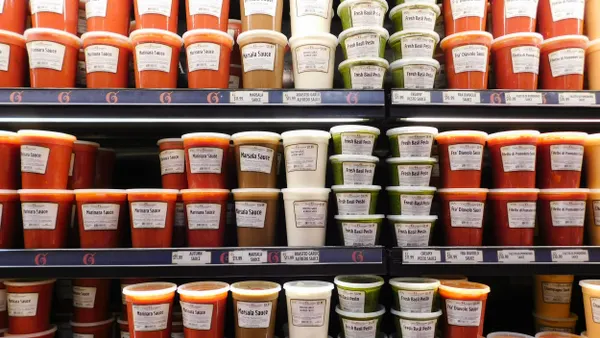Tariffs have yet to make a noticeable impact on retail grocery prices this year, with inflation in the sector in 2025 driven primarily by supply constraints unrelated to levies on imports, according to a May 30 report from Circana.
Food and beverage prices were up 2.9% on a year-over-year basis as of the end of the week of May 18, Circana reported. Prices were up 1.7% in 2024.
Price increases this year have mostly stemmed from tight supplies of eggs, meat, coffee and cocoa, with coffee costs still going up even as prices for the other categories have stabilized, Circana said.
The Trump administration announced a broad array of tariffs shortly after taking office, but temporarily paused many of the levies. U.S. officials have indicated that they intend to reinstate tariffs on imports from countries the government is unable to hammer out trade deals with during the pause.
The United States Court of International Trade last month issued an injunction blocking many of the executive orders that authorized the tariffs, but the ruling was put on hold by a federal appeals court.
While tariffs have not played a meaningful role in pushing up food and beverage prices in recent months, Circana noted that certain categories, including seafood, produce, alcohol and baking ingredients, are more susceptible to potential cost increases than others due to their high reliance on imports. By contrast, items such as dairy products, most meats, shelf-stable breakfast foods and frozen meals depend more heavily on domestic supply chains, making them less susceptible to potential tariff-related impacts, Circana noted.
Food and beverage volumes were off by about half a percent in May after growing slightly during the first quarter and the final three months of 2024, Circana said, attributing the decline to cooler weather, relatively weak consumer sentiment and reduced demand following strong Easter sales. Circana said it expects volumes for the sector to grow slightly as 2025 continues.







